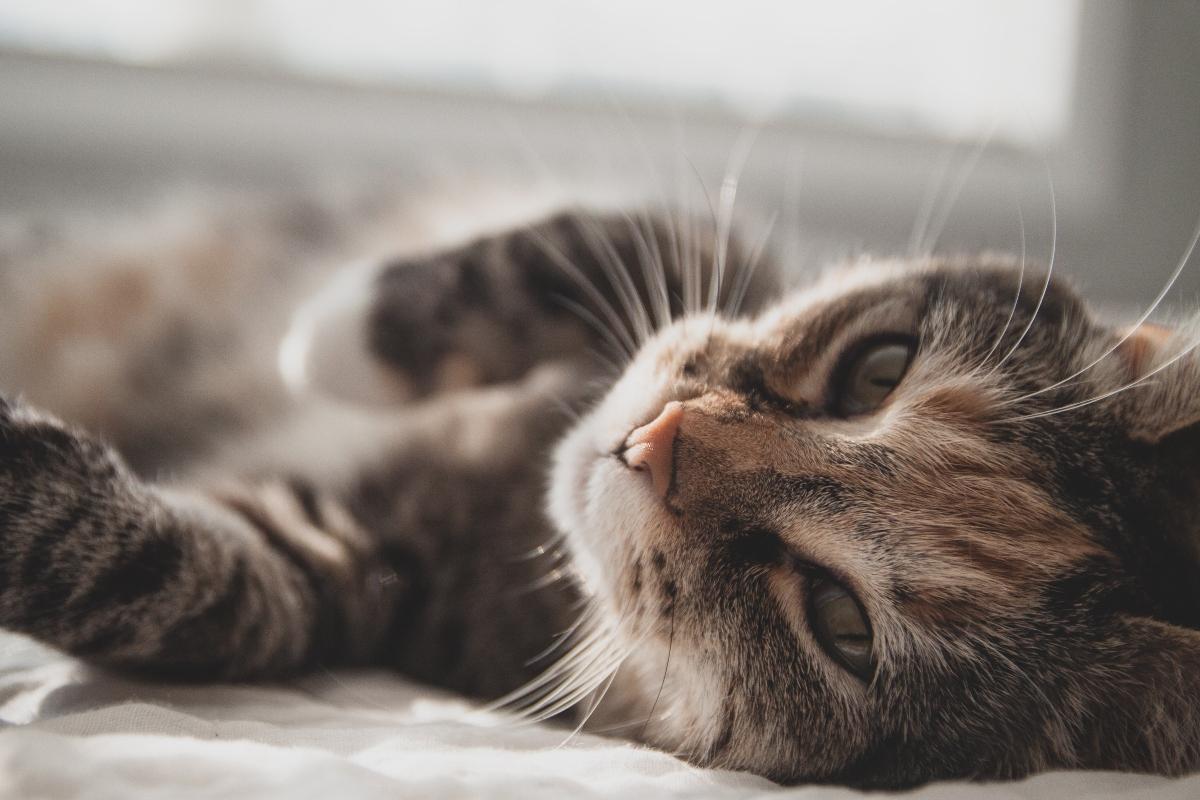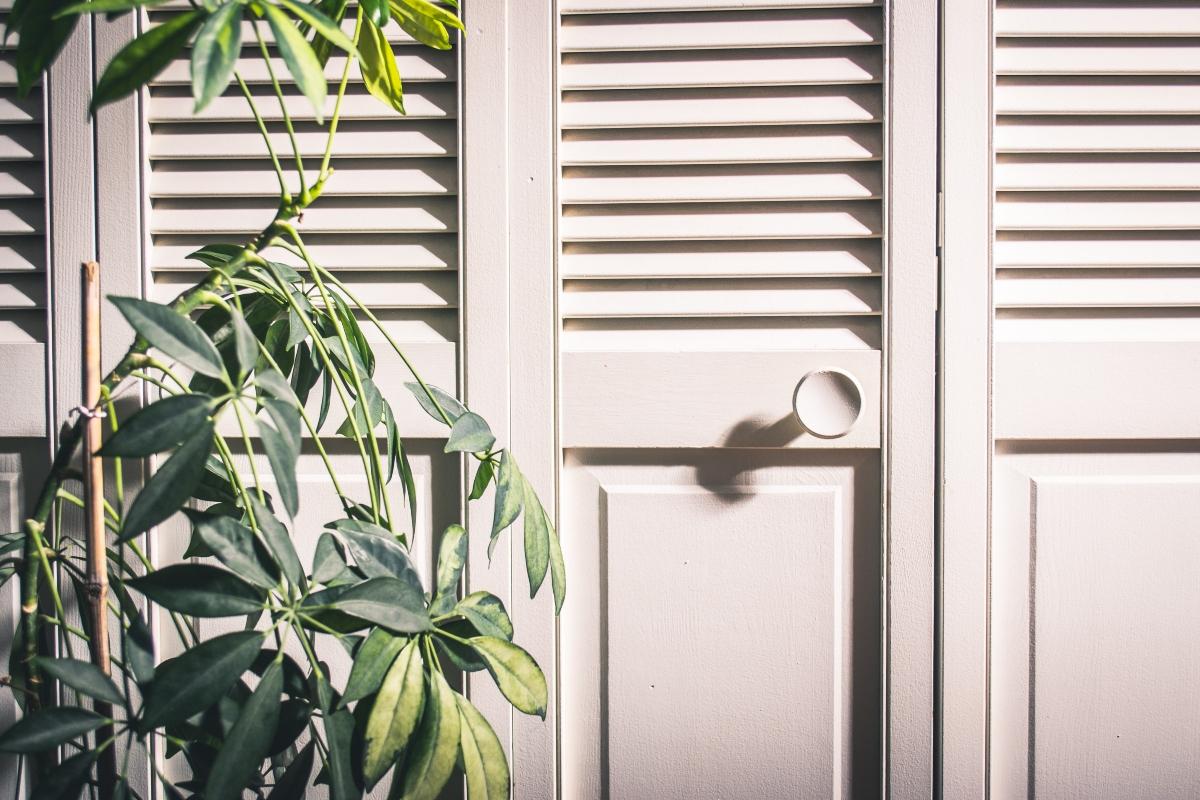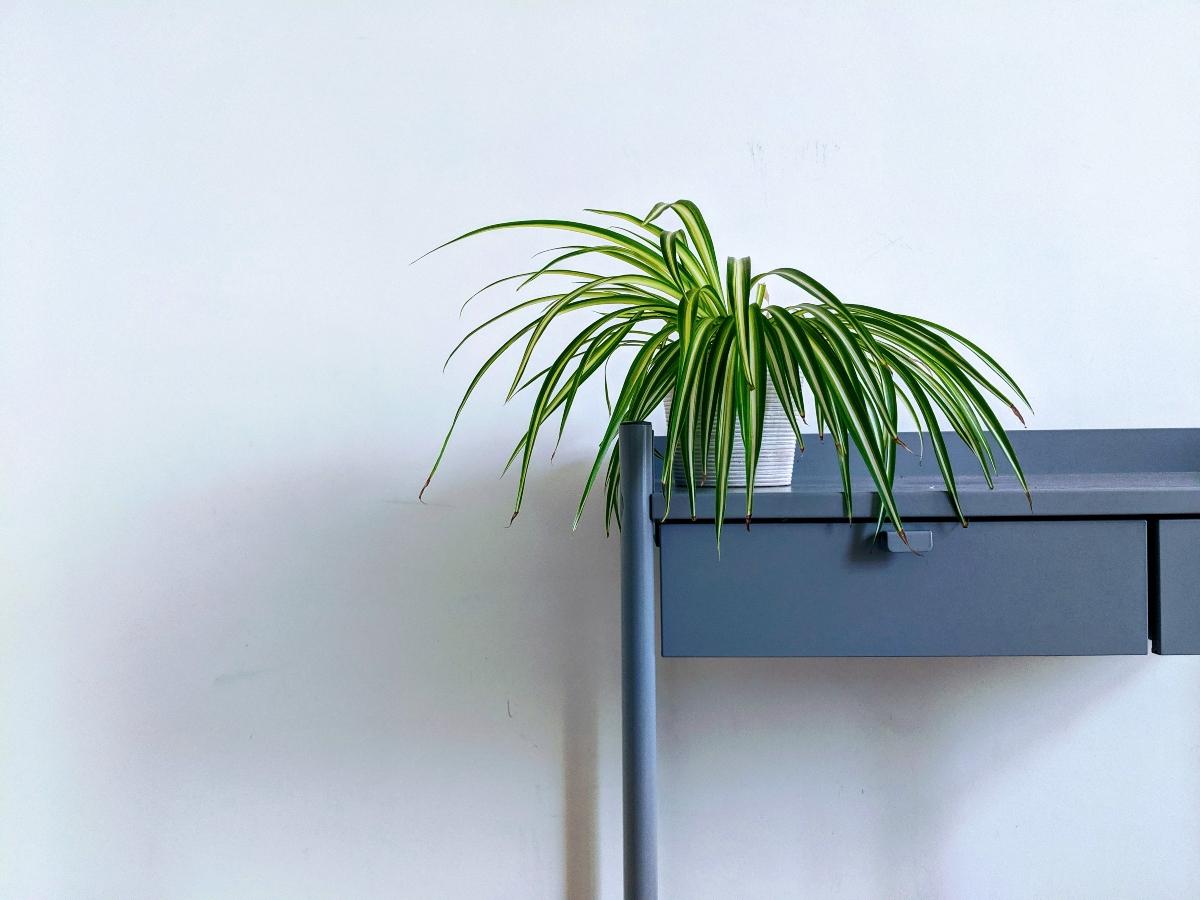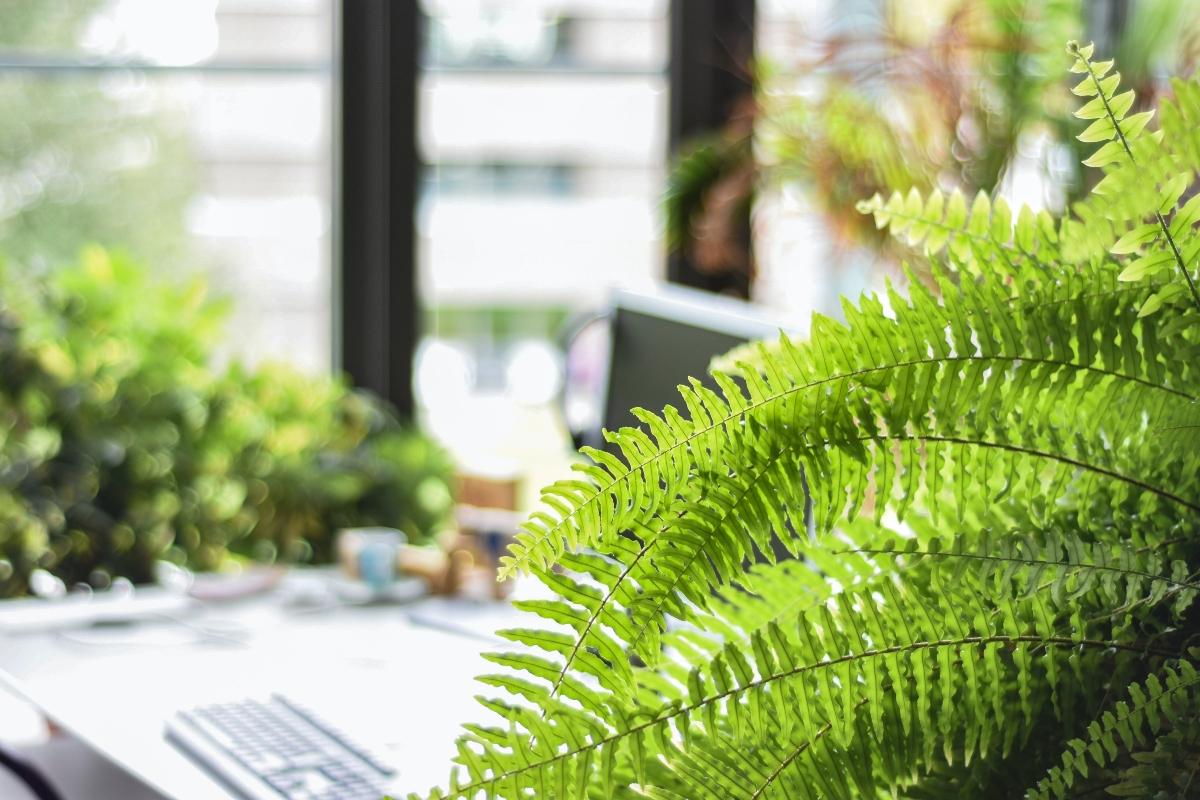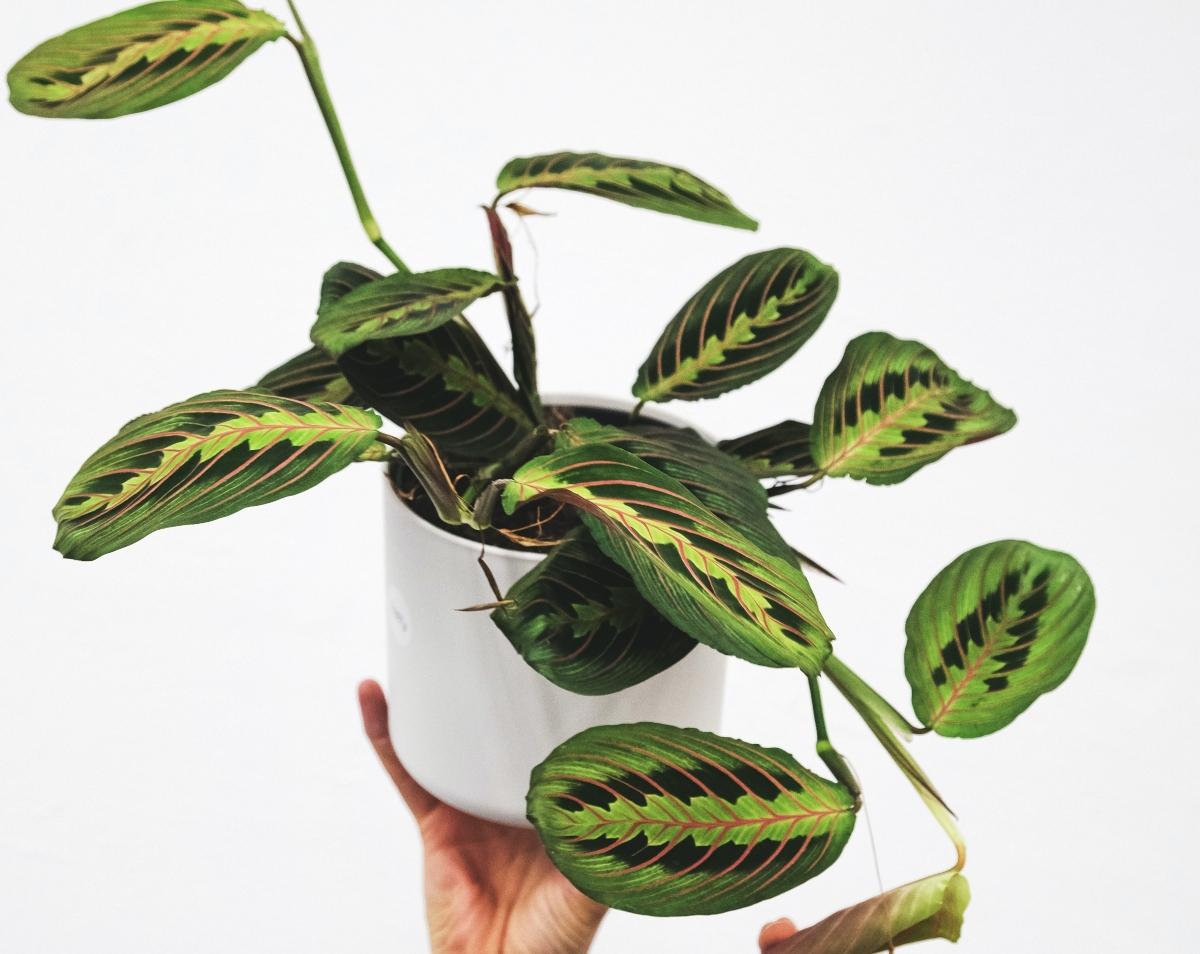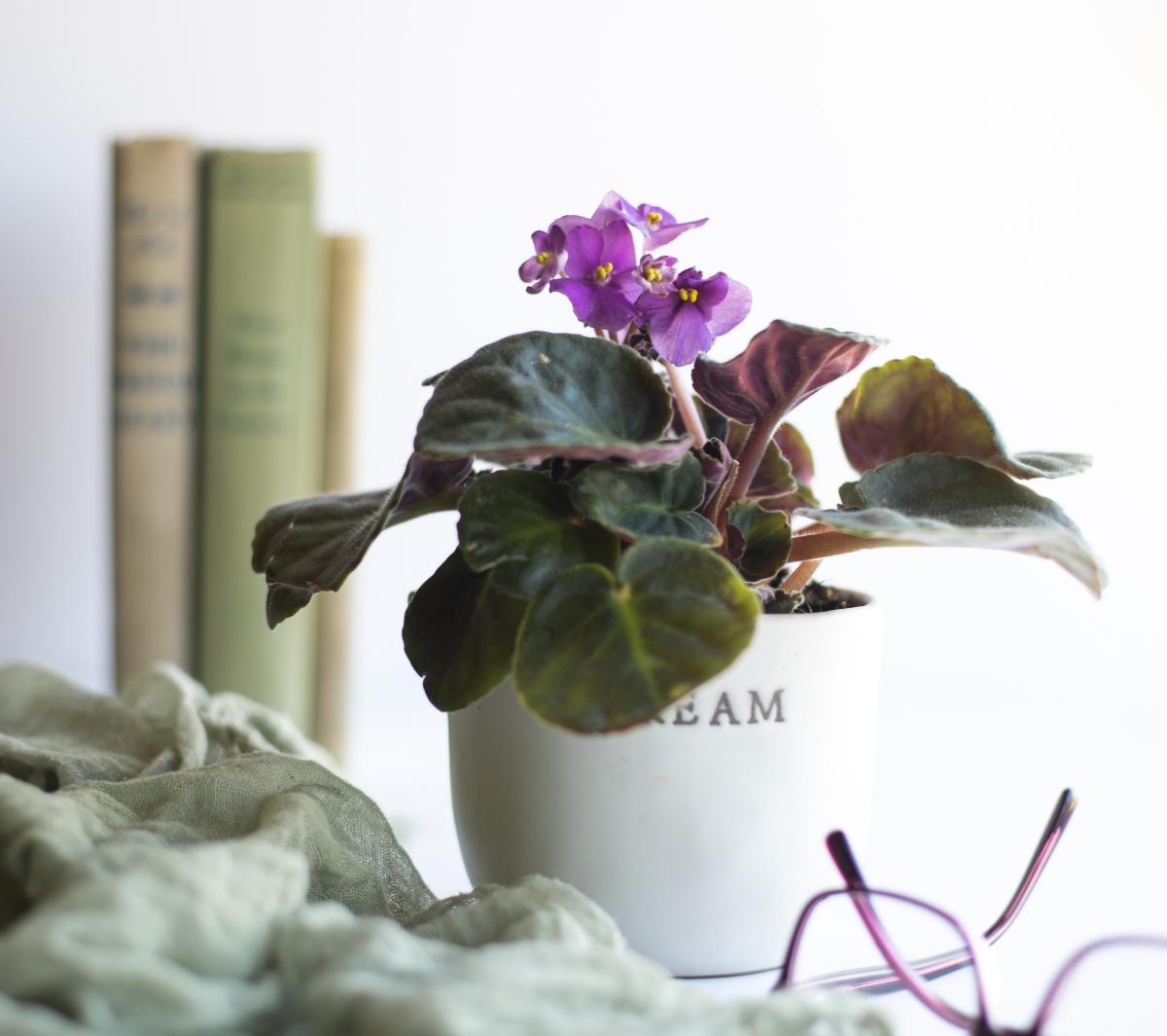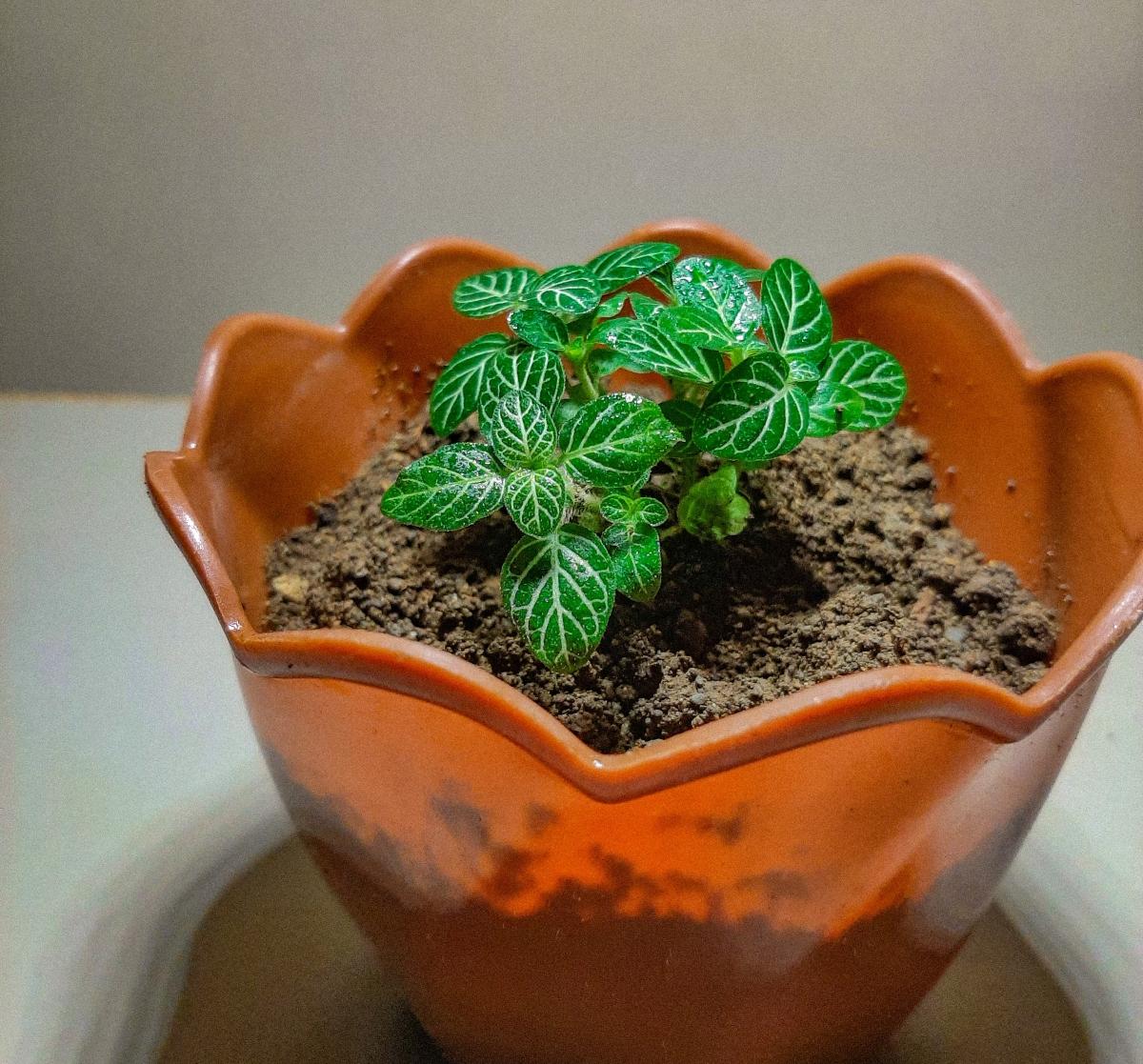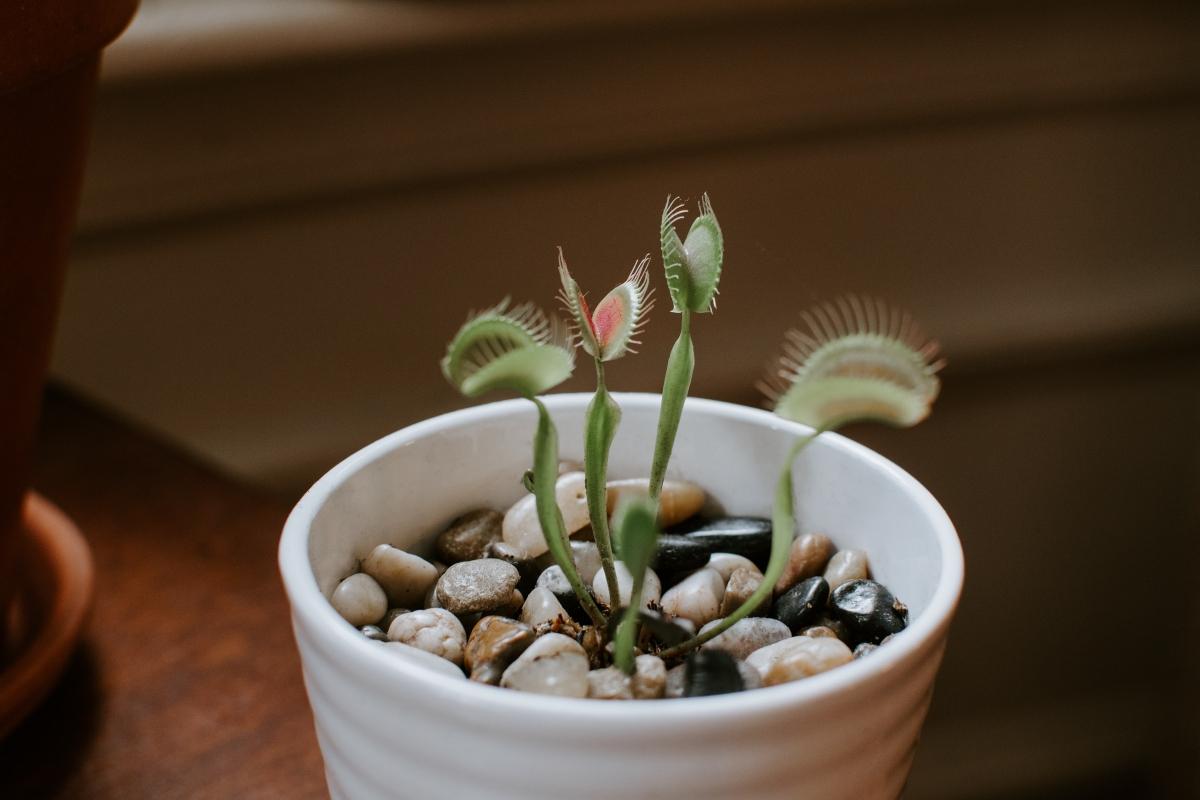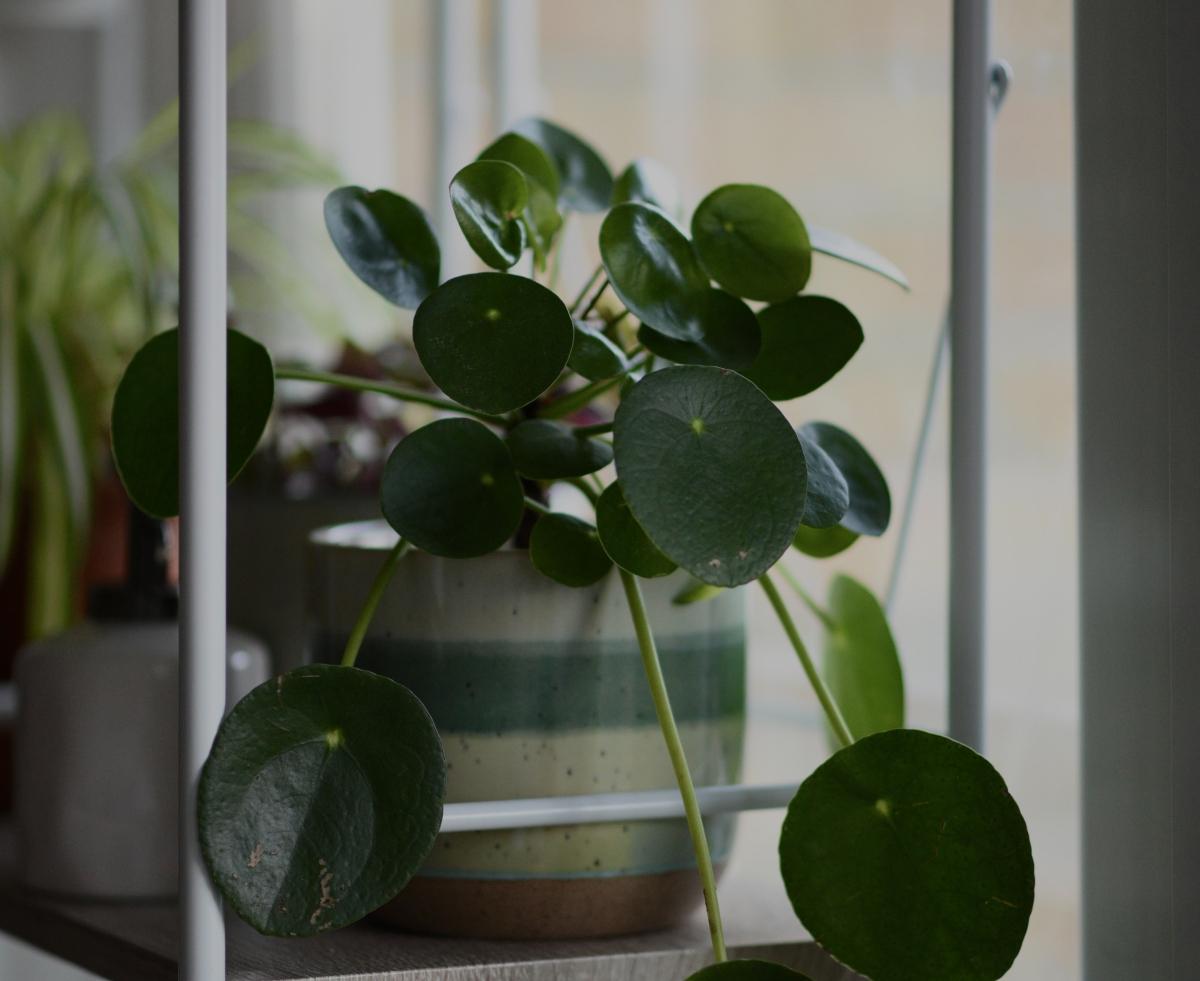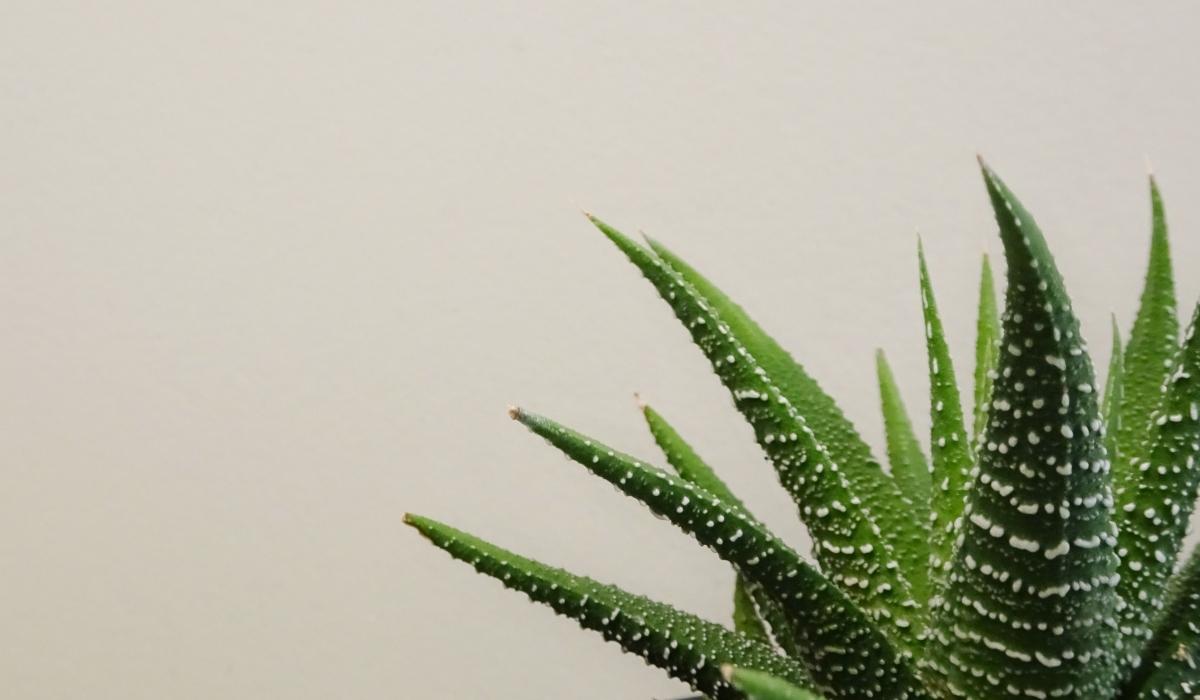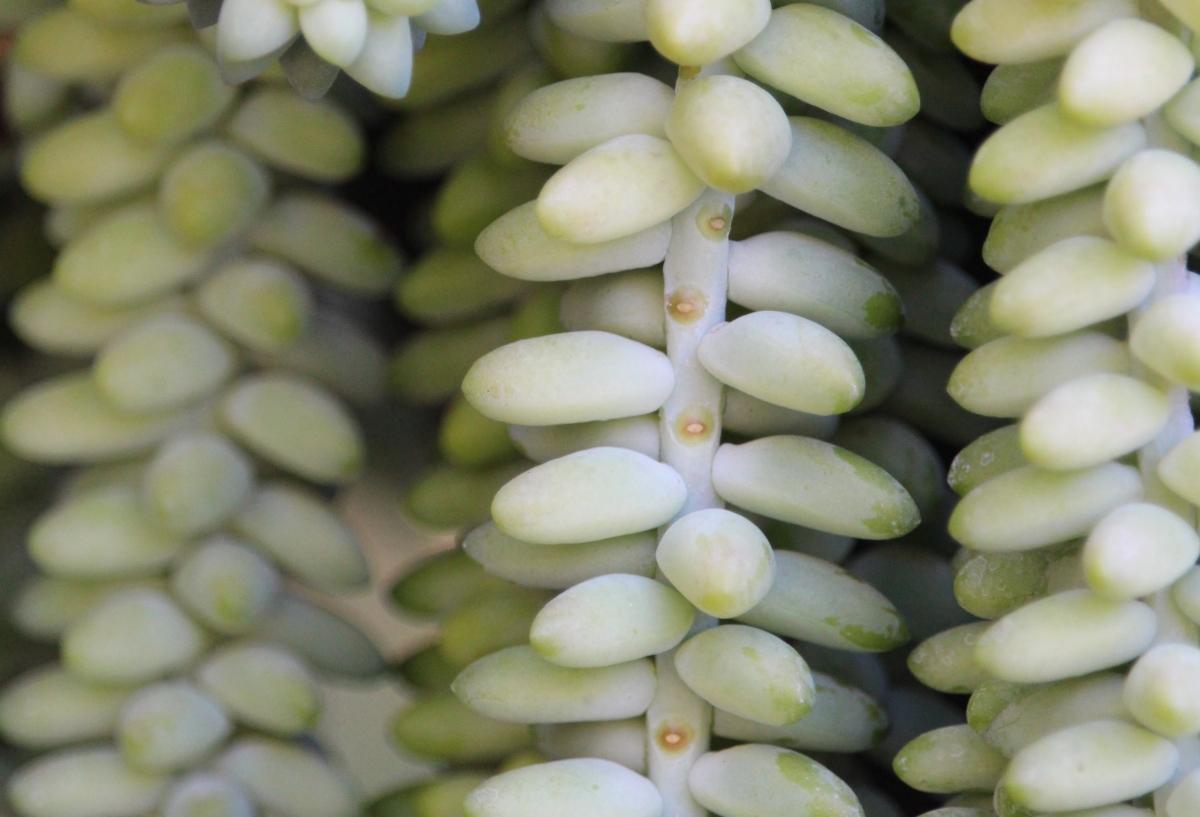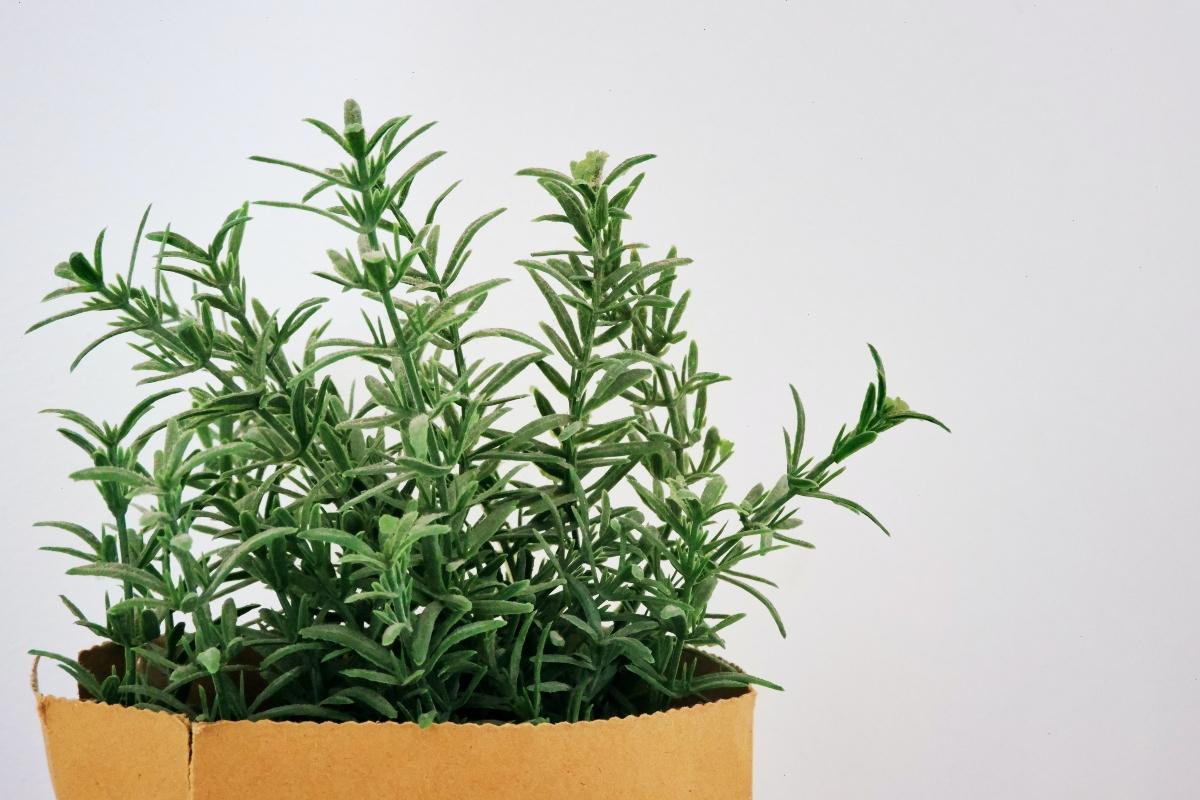The Safest Indoor Plants for Your Cats
Updated May 23 2023, 4:53 p.m. ET
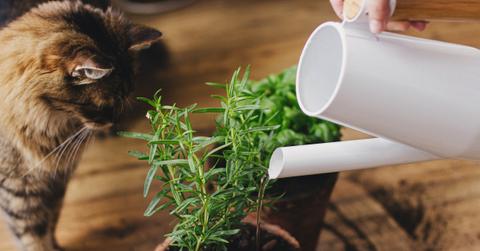
Know which indoor plants are non-toxic to cats, such as the herbs basil and rosemary.
Anyone who is a cat parent needs to recognize that there are certain plants that could be dangerous to their beloved animals. Cats thrive best indoors and often investigate and try to eat plants in their homes — so if you want to avoid an unpleasant trip to the veterinarian, be sure to only fill your home with non-toxic indoor plants for cats.
Just as you need to keep some household items away from dogs, cats can also become seriously ill if they ingest certain houseplants. Prevention reports that it's nearly impossible to keep cats from exploring their surroundings, so cat owners should keep only non-toxic plants for cats in the home.
Keep reading for a look into a handful of plants that are totally safe for cat homes.
Bamboo palm is non-toxic for cats.
According to Plantz.com, the bamboo palm is easy to care for, doesn't require much bright sunlight, and is non-toxic to cats.
Spider plants are safe for homes with cats.
According to The Spruce, spider plants are fairly easy to care for. They create baby spider plants that hang down from the original, and they do not require a ton of light.
Boston fern, or sword fern, is a non-toxic indoor plant for cats.
The Spruce says the Boston fern is a cascading plant that tolerates low-light conditions. They require consistent watering to grow properly, and won't hurt cats in the home.
The prayer plant is safe for homes with cats.
Another non-toxic indoor plant for cats is the prayer plant. Its colorful leaves make it a popular choice, though it requires almost "greenhouse-like conditions," according to The Spruce.
African violets are non-toxic plants for cats.
The American Society for the Prevention of Cruelty to Animals (ASPCA) includes the African violet on its list of non-toxic indoor plants for cats. Their vivid purple flowers add a pop of color to your home without causing potential harm to your cat.
Nerve plants are safe indoor plants for cats.
The Spruce notes that nerve plants are tropical and therefore do best in homes with warm temperatures and high humidity. Your cats will be safe around these plants.
The Venus Flytrap is one of the non-toxic indoor plants for cats.
A Venus flytrap is not the easiest plant to grow at home, as GardenersPath.com explains. However, they are safe and non-toxic to cats.
The Chinese Money Plant is a green indoor plant safe for cats.
The Chinese money plant has round, dark-green leaves that are not a health hazard to your cats. They also produce offshoots that you can transplant in other containers to multiply the number of plants in your collection, according to The Spruce.
The Haworthia is a succulent that's non-toxic to cats.
The Spruce explains that Haworthia is a succulent that's fairly easy to care for and can thrive in most indoor conditions. You should water it thoroughly and let the soil dry completely before watering again. Haworthia is a great non-toxic plant for cats.
Gerber daisies are non-toxic indoor to cats.
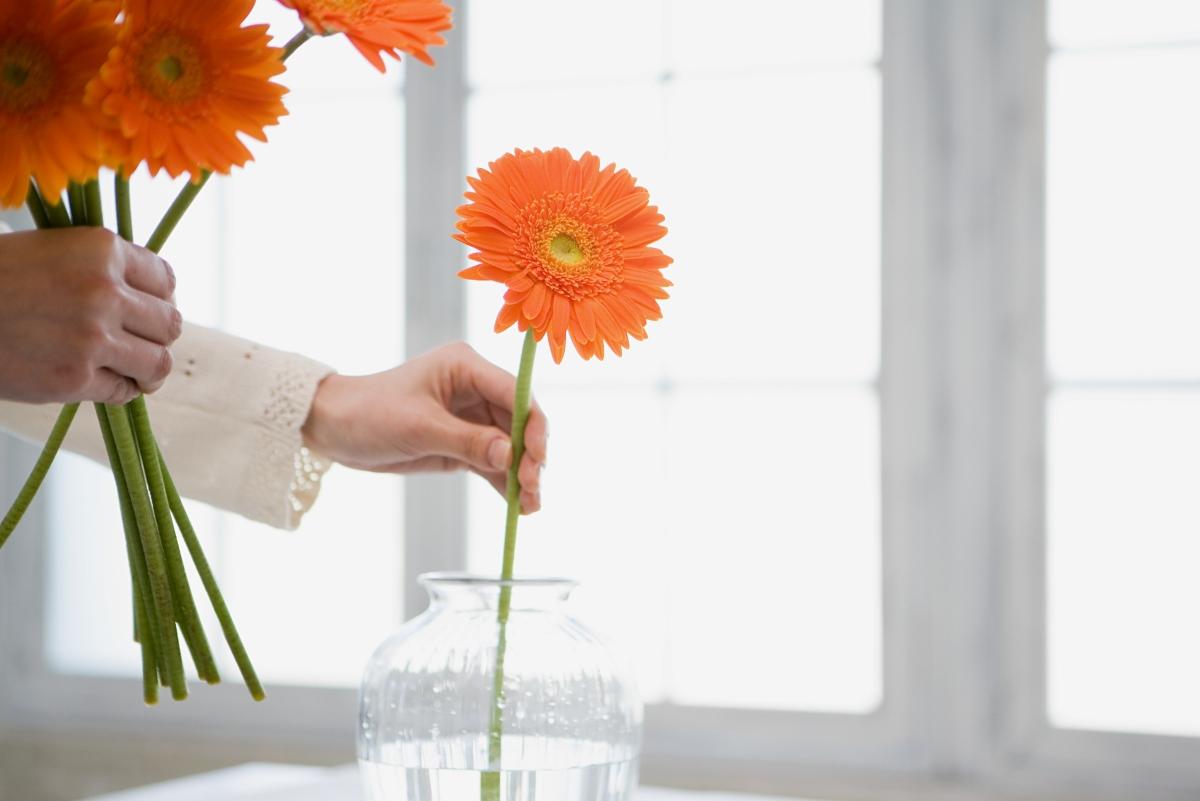
Gerber daisies can offer a bright ray of color to your home without posing a risk to your feline friends. Named after Traugott Gerber, a naturalist who lived in the 1700s, according to The Spruce, they can be grown indoors from seed, but thrive better long-term when planted outdoors.
Burro's tail is a trailing succulent safe for cats.
The Burro's tail is named for the way its vines resemble a donkey's tail, and its small leaves can be knocked off the vine easily, per The Spruce. Therefore, they're safe for cats, but for the plant's sake, you may want to keep it somewhat out of your cat's way.
Basil and rosemary are two herbs safe to grow in homes with cats.
If you like to grow fresh herbs in your home, many common household herbs are also perfectly safe for cats. Rosemary and basil, for example, are not harmful to cats, although you don't want to allow cats to eat unlimited amounts of these herbs.
Check with the ASPCA for a comprehensive list of both toxic and non-toxic plants for cats.
If you have cats, you should always check on whether plants are safe to have around cats before bringing those plants into the home. The ASPCA has a long list of plants to avoid and plants that are safe for cats.
